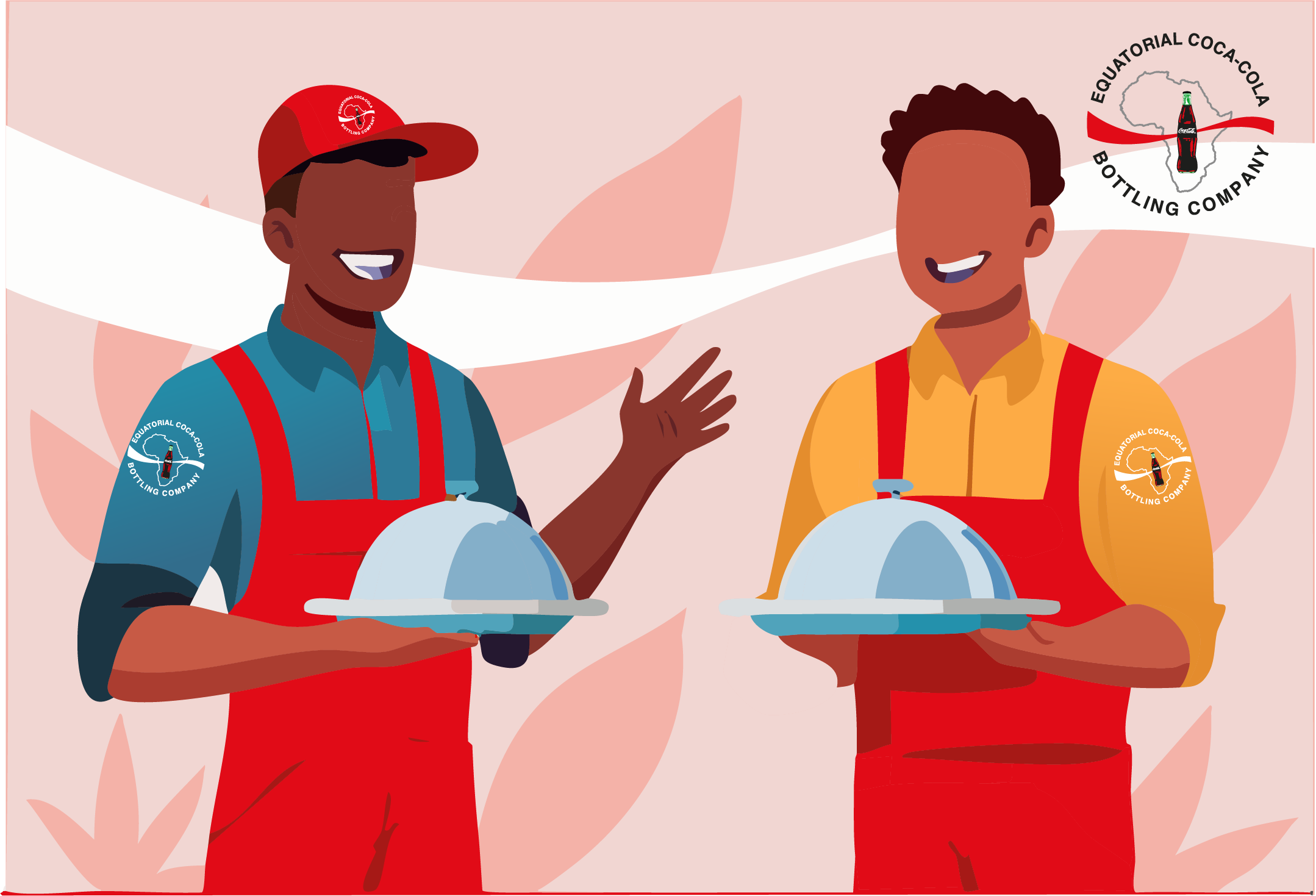Hello there,
Welcome to this new episode of the ECCBC Podcast. Today, we’ll discuss an essential topic that affects our daily work life: collaborating within multicultural teams. While it can sometimes seem challenging, it’s also a genuine opportunity to learn and view the world from different perspectives. So, how can we successfully collaborate harmoniously and effectively in such a diverse environment? Let’s explore this together today.
Why is cultural diversity so important?
Working in a multicultural team is an opportunity—a chance to see things from various angles and benefit from diverse perspectives. Each of us, with our experiences, culture, and background, approaches problems uniquely. This is the strength of multicultural teams: they bring more creative and innovative solutions.
Imagine a meeting where individuals from different cultures come together to discuss a project. Each person might propose a distinct, sometimes unprecedented solution. This blend of ideas is a real asset, pushing us to think differently and question our assumptions. In an increasingly globalized world, this is a valuable skill, especially in companies like ours, where diversity is our strength.
The challenges of working with multicultural teams
Of course, there are challenges. Cultural differences can sometimes lead to misunderstandings or miscommunications. While natural, they’re not always easy to navigate.
- Communication differences: In some cultures, directness is preferred, while in others, respecting hierarchies and avoiding confrontation is essential. This can sometimes lead to tensions or misunderstandings.
- Perception of time: We all have different views on time. Some people are very punctual and organized, while others might be more flexible with schedules. These differences can complicate managing deadlines or meetings.
- Conflict management: In certain cultures, disagreements are expressed directly, whereas in others, conflicts are avoided or handled more subtly. This can make addressing issues with someone from a different cultural background more complex.
How to improve collaboration in a multicultural team
Despite these challenges, there are simple ways to make collaboration smoother and more enriching. Here are some tips we can adopt together:
- Active and open listening: Each culture has its communication style, and it’s crucial to be open to that. Take the time to genuinely listen to what others have to say, even if it’s different from what we’re used to. It’s a way to show respect for diverse opinions and methods.
- Clarify expectations from the start: To avoid confusion, it’s essential to set clear expectations at the beginning of each project. Ensure everyone is on the same page regarding objectives, deadlines, and communication methods.
- Promote respectful communication: Learn to express your ideas positively, value differences, and encourage an environment where everyone feels free to share their viewpoints. Respectful communication is key to preventing tensions.
- Learn to manage conflicts constructively: When conflicts arise, don’t avoid them. It’s important to discuss them respectfully, seek to understand the other person’s point of view, and address the problem together, calmly. Differences in conflict management styles don’t have to divide us; they can help us develop emotional intelligence and communication skills.
- Show flexibility and patience: Working with people from different cultures sometimes requires more flexibility. Accept that some ways of working may differ from yours and be willing to adapt your approach to better collaborate.
Conclusion
Multicultural teams are a real asset. They bring fresh ideas, creative solutions, and help us grow as a team. Of course, it takes patience, openness, and flexibility, but every small step we take to better understand each other strengthens our cohesion.
We all have a role to play. By being respectful, open-minded, and ready to learn from others, we can transform cultural differences into a source of strength. Together, we can build a workplace where everyone—no matter their background or culture—can thrive and contribute.
Thank you for taking this time to reflect with me on how to better work together in a multicultural environment. I hope this episode gave you some insights to improve collaboration and enrich your daily exchanges.
Stay tuned for upcoming episodes where we’ll continue to explore important topics around diversity and inclusion.

